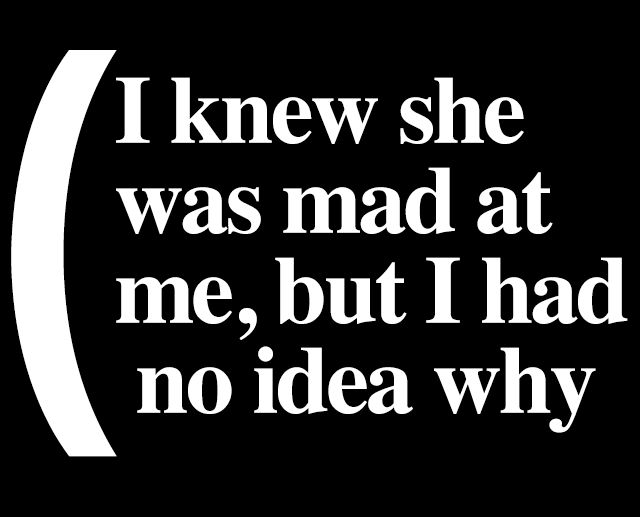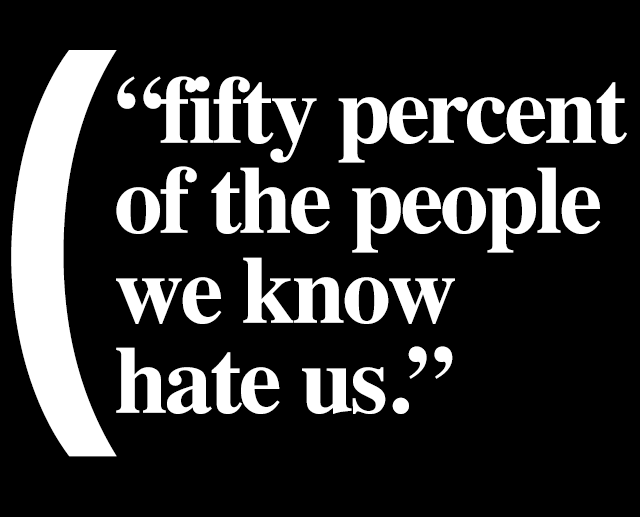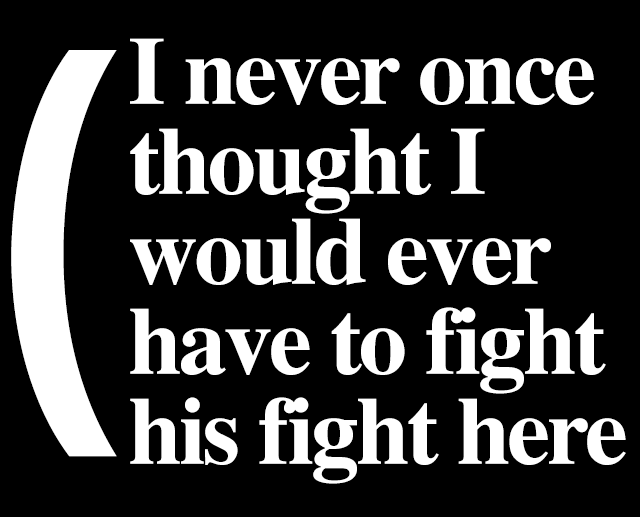The first time it happened, I was in the first grade. My family is Catholic, and on Sundays we attended mass. Afterwards, I went to my CCD class—religious education, for the non-Catholics—for an hour. In each class, we read a Bible passage and discussed its meaning and waited impatiently to run into the hall to get cookies afterwards.
One Sunday, I was the last child packing my bag at the end of class. My teacher sat at her desk. Apropos of nothing, she said, “My brother was killed in Vietnam.”

I had no idea what she meant. I knew she was mad at me, but I had no idea why. “Mom,” I said when she finally picked me up, “did we have anything to do with Vietnam? Did we kill anyone in Vietnam?”
I don’t remember if my mom responded or not, but I do remember that by next week, we had switched to a different church across town. It was a longer drive but there were trees to climb and new friends to make, so I didn’t mind. It didn’t occur to me to think about what had happened until I was in high school.
* * *
That was the first time I remember, but there were others. Sometimes it’s subtle, like a woman hitting on your husband in front of you because she’s never seen an interracial couple before, or someone complimenting you slyly on your English. Other times, it’s more blatant, like someone screaming at you that you’re a chinky-eyed bastard, or that you don’t belong in this country.
To walk around knowing the truth—that fifty percent of the people you meet don’t like you based on your skin color, or don’t want you to be here because you’re not white—is to slowly go insane. So you persuade yourself that these are isolated incidents. Whatever else has happened in this country, we’ve elected a black man president. Twice.
Instead, you blend. You don’t talk about it, because you don’t want to seem like a whiner (Fun fact: Nothing is more American than blaming a minority group for their own oppression). You marry a tall, decent Southern white boy. You assimilate and wear Patagonia fleeces and shrug, ruefully grin and say nothing when a friend makes a joke about Asians eating dog.
What you’re really trying to say, over and over again, is “Hi! I may look different, but I’m just like you!” My husband and I have camped and climbed and traveled through some of the most beautiful places in the country, to Wyoming and Idaho and Montana. For years I’ve smiled and worn flannel and cargo pants on occasion and thought, as I walked into room after room where I was the only person of color, “Maybe I’ll be the first Asian person that they’ll ever see. Maybe they’ll think of me and not be scared or angry the next time one of us comes around.”
It’s exhausting. And it doesn’t work.
Tuesday’s election shattered what turned out to be my delusion—that racists were not, in fact, the norm, and that the country was filled with otherwise good-hearted and decent people. This country is not decent. It is filled with people who are, if not actively racist, not above demonizing, dehumanizing and blaming minority groups like black people, Latinos, Muslims and other immigrants for their economic woes.
To gloss over it, to empathize with them and say, “It was about the economy,” makes it even worse. Of course it was about the economy. Of course Donald Trump gave them something to believe in, something that would help fix the problem. The problem is us. We are the problem.

Every single non-white person I knew turned to each other on Wednesday morning and said, “fifty percent of the people we know hate us.” This is a fact that most of us have spent most of their lives trying to ignore. Fifty percent of the people we know don’t care if we have the same basic civil rights as they do. They don’t care if an innocent black man is shot on his way to pick up his toddler from daycare. They don’t care if a child who is a U.S. citizen is separated, perhaps permanently, from their undocumented parents.
Who are these people? A friend refers to them as “Schrödinger’s Racists,” a play on the famous thought experiment with a cat in the box. Is the cat alive or dead? Until the box is opened, it’s both. Every time I pass a white person now, I brace myself. Is this the one? Is this someone who will scream at me or assault me for somehow taking something that was otherwise due them? Has the rhetoric of our new president emboldened them?
It used to be that people were ashamed of their racism. They released it only in the most controlled circumstances, on the most helpless victims they could find, like young girls at Sunday school, packing up their bags in order to go home. On Wednesday, I bought a can of Mace. I don’t know if I’ll ever feel completely safe here ever again.
* * *
But I’ve gone ahead and done it. I have a daughter now, too. She is playful and determined and so profoundly adorable that her daycare providers confessed that they think she is the cutest baby in her class. She has my almond eyes and snubbed nose. I never thought those features were so beautiful until I saw them set in her face.
There’s nothing like having a child to bring you closer to your own parents. And now, more acutely than ever, I realize that they always knew exactly what kind of America we lived in. They’re the reason that I can’t speak their native tongue—because they didn’t want me to have a foreign accent. I suspect that my surprise feels naïve to them.
They’ve lived through a series of dictators and fools as their president. My father was a student protestor under a dictator, who was tear-gassed, beaten and jailed. I never once thought I would ever have to fight his fight here, but knowing that he’s come through it has certainly lent me some perspective.

“I’m sorry you’ve been hurt and you’re probably going to get hurt,” he said on the phone, after Trump was elected. “But there are too many of us now. They didn’t win in the 1950s when the Klan were marching by the millions in the streets. They’re not going to win now.”
I want to be that determined, that resolute. I’m not. I’m scared and impotent and powerless and alone. I want my daughter to grow up in a different country than the one I did. I’d like for her to one day see what I used to see when I looked at people—the possibility that each one of them was willing to welcome her to this goddamn beautiful country and the wide open spaces of the West. And I’d like for her belief in that to be true. Maybe someday, if I speak up.
***
This essay is part of our ongoing essays series focused on responding to the 2016 Presidential election.